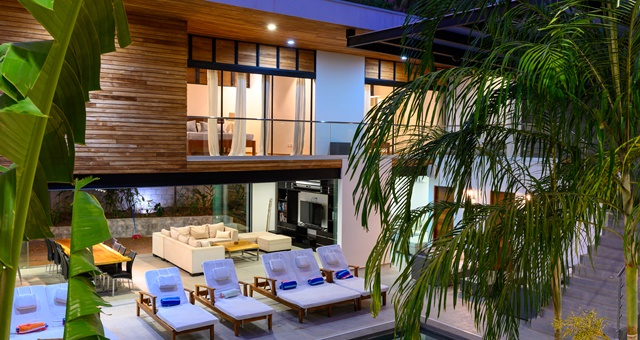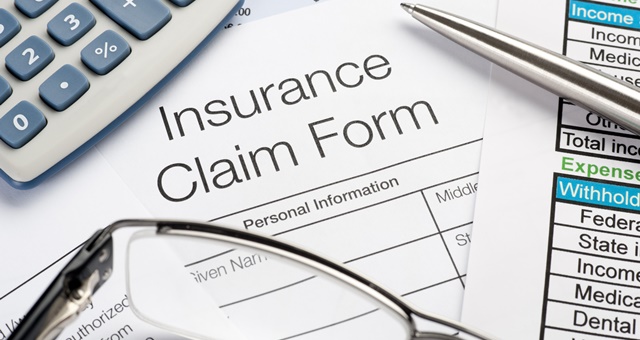
By John Davies ACII – Chartered Insurance Practitioner and Managing Director, Hospitality Risk Management
Much has already been written about insurance issues arising from the COVID-19 virus. With many hotels closed throughout the world, it’s inevitable that hotel owners/ investors are looking to their insurance policies for compensation under the Business Interruption section.
But, sadly, for almost all hotels, the probability is that their Business Interruption wording will not provide any protection for hotel owners or operators. There may be a few policies out there where the wording will allow a claim but they will be very few and if cover exists for a particular hotel or group it may well be under a Business Interruption extension worded imprecisely by the insurance company, thus giving policy-holders hope of a successful claim.
The fact is that if the majority of insurance contracts issued for hotels did provide COVID-19 protection for lost income, then most of the international insurance industry would be bankrupt. There is no doubt the impact on hotel trading and profitability is being hard hit worldwide and the luxury, top-end hotels in major European cities such Berlin, Rome, Paris, Madrid, London and elsewhere are particularly badly affected.
Also, the projections for revenue recovery are not good for perhaps 18/24 months. How can they be with different countries slowly emerging from lockdown, air travel cut to a fraction of the normal and social distancing rules affecting the practicality of arranging conferences, weddings and other profitable hotel business? Can someone explain to owners how social distancing will work effectively in a hotel lift or restaurant if the hope is to achieve a high occupancy level?
Luxury hotels may well have been the first businesses to be affected by the virus impacting revenue and the probability is the same hotels will be the last to see recovery to 2019 levels. Setting aside the many different insurance questions being raised by hotel owners, let us focus on one issue which may give some owners very useful premium refunds right now.

A large city centre or resort hotel, perhaps with turnover exceeding EUR€30m or more, is probably paying over EUR€250/300k each year on insurance, which will be a mixture of different policies with Property/Business Interruption and Third Party Liability accounting for the bulk of the cost.
But many hotels are closed. They have no guests, few employees, and little or no revenue. Therefore the risks for insurers have reduced. Yes, the hotel property insurance has to be maintained but there are two elements of the premiums paid by hotels where the risks to insurers have dramatically reduced.
1. Business Interruption (BI)
With high end hotels often fully sprinklered, the BI risk for insurers generally is restricted to the first 12/18 months following a major loss. With a hotel closed and planning to reopen later in the year – perhaps with reduced staffing and fewer rooms being made available – the risk in the next 12/18 month for insurers is very low.
2. Third Party/Public Liability
With no guests, there is virtually no risk. Gradual recovery of business over a year or two presents a low risk of claims compared to full operations as in 2019. For those hotels renewing their insurance policies in April or May, the insurance companies have accepted the reduction in risks and renewal premiums on property insurance have reduced due to lower BI projections. Same on liability. Those hotels which have renewed their insurance in April or are about to do so will mostly see premium reductions except where the hotels are using the insurance offered by the brand managers under HMA conditions.
Some of the international brands which run insurance programs for owners have suffered badly the past few years from claims relating to riots, floods, hurricanes and other risks, and those brands are seeing premium increases as insurers try to recoup past losses. As always, it’s the owners who pay the higher costs, not the managers. Unfortunately, it means high quality hotels in low risk territories are having to pay higher premiums due to claims from hotels insured in high risk areas by the same brand managers.

For hotels which renewed all insurance policies in December last year or January/February/March this year – before the virus had a serious impact – the premiums paid would have reflected normal trading projections. For those owners with policies renewed just prior to the virus closures, the premium paid now looks and is far too high. Those premiums reflected the future risks to the insurers assessed at that time. Those risks have reduced considerably and will remain low for probably the rest of the policy period.
On that basis, it is reasonable to expect insurance companies to adjust premiums now to reflect the new reality. The premium saving could be considerable. Rebates could exceed EUR€20,000 per hotel and be boosted by return of premiums on terrorism schemes such as Gareat in France, Concorcio in Spain as well as premium taxes. In some countries, such as Netherlands and Italy, the taxes can exceed 20% of premiums.
Our advice is to approach your insurance brokers or whoever arranged your insurance for you and ask that the policy premiums be reviewed immediately to reflect the dramatic changes in current and projected trading. Some policies will have a facility for premium adjustments at policy year end and that can be brought forward and dealt with now.
There are a number of major hotel brands who place insurance as part of the HMA and are having these rebate discussions with their insurers on behalf of owners. Many insurance brokers are doing the same on behalf of their clients. There are promising signs the major insurers understand the issues and are seeking to be flexible and assist policyholders. Every hotel owner/investor should investigate the position with their own insurance and take action to obtain premium recoveries where justifiable.
This article was provided by Global Asset Solutions and republished with permission. To read the source version, including source references, please CLICK HERE.

